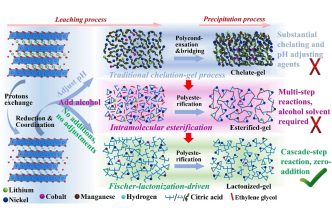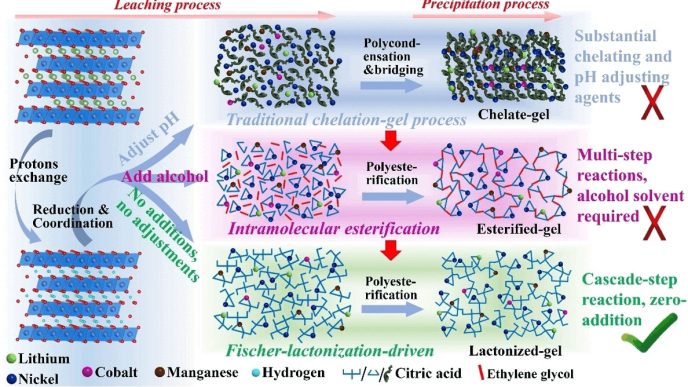Chinese electric vehicle (EV) maker Xpeng dismissed concerns that U.S. restrictions on advanced semiconductor exports could disrupt its development of self-designed artificial intelligence chips. Vice President Charles Zhang assured on a post-earnings call that the mass production of Xpeng’s Turing system-on-chip (SOC) is “progressing well” with no reported impact from recent U.S. curbs.
The U.S. Department of Commerce recently directed Taiwan Semiconductor Manufacturing Co. (TSMC) to halt shipments of advanced AI chips to Chinese firms, raising fears of potential repercussions. However, Zhang noted that Xpeng’s autonomous driving chip development remains unaffected. The Turing AI chip, unveiled on Nov. 6, supports large AI models for advanced driver-assistance systems, akin to Tesla’s Full-Self Driving technology.
Xpeng reported robust performance for the third quarter, with revenue of 10.10 billion yuan ($1.39 billion), surpassing analyst estimates. Fourth-quarter revenue is projected between 15.3 billion and 16.2 billion yuan, bolstered by strong sales of its MONA M03 sedan, which saw over 10,000 deliveries in October for the second consecutive month. Xpeng plans to deliver 87,000 to 91,000 vehicles in the fourth quarter, marking a 44.6%-51.3% increase year-on-year.
Looking ahead, Xpeng aims to launch four new models in 2025, including its first extended-range hybrid. International expansion also remains a priority, with 15% of its total EV sales occurring outside China in the third quarter. Despite positive momentum, Xpeng shares in Hong Kong dropped 1.44% on Wednesday, contributing to a year-to-date loss of 9.7%.
Sources: Reuters











